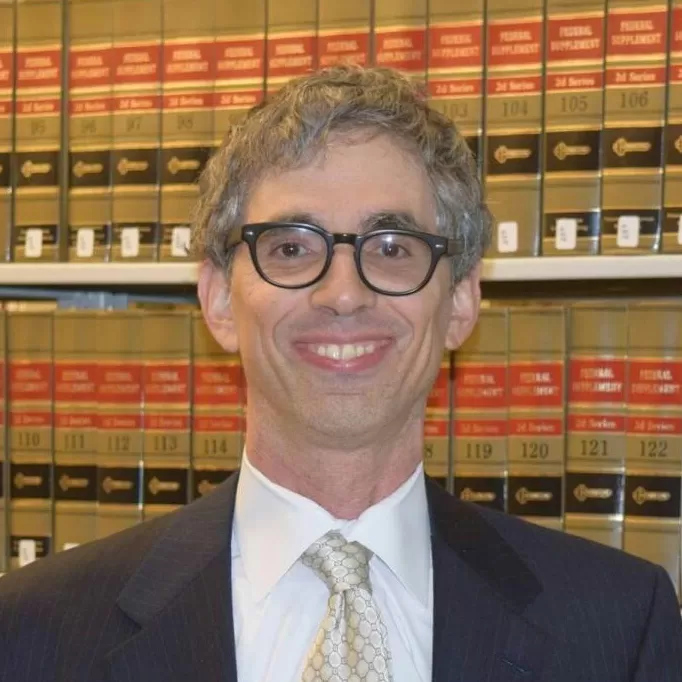Michael Lewyn is a professor at Touro University, Jacob D. Fuchsberg Law Center, in Long Island. His scholarship can be found at http://works.bepress.com/lewyn.
What mobility really means
<p> Every so often, I read a blog post or an article talking about the trade-off between "mobility" and making places more accessible to nonmotorists. The hidden assumption behind such statements is that "mobility" means cars going as fast as possible. So if every street is an eight-lane highway with cars going 70 miles per hour, overall social "mobility" is therefore high. </p>
Two Separate Problems
<p> Conventional wisdom dictates that middle-class families would find urban schools more tempting if we only “fixed the schools”- a concept that implies that urban public schools are simply unable to educate anyone, because they are either horribly underfunded (in the liberal version of this claim) or horribly mismanaged (in the conservative version). </p>
The Failure of Voluntarism
<p class="MsoNormal"> <span> I recently read an article containing a World War II-era poster: “When You Ride Alone You Ride With Hitler.” The authors of the article asked whether governments could use similar powers of persuasion today to discourage energy consumption and thus address climate change. </span> </p>
Learning from TTI
<p> This week, I finally got around to looking at the latest (2009) Texas Transportation Institute study on traffic congestion. (1) </p> <p> Two facts struck me as interesting. First, the great congestion surge of the past decade or two is over. In most large metropolitan areas, congestion (measured as hours lost to congestion per traveler) peaked around 2005, and actually declined in 2005-07. For example, in Atlanta, hours lost to congestion peaked at 61, and decreased to 57 by 2007. Congestion increased in only three of the fourteen largest regions (Washington, Detroit and Houston)- and in each of these by only one hour per traveler. </p>
Public Options in Transit and Health Care
<pre> <span style="font-size: x-small">Over t</span><span><span style="font-size: x-small">he next few months, Congress will continue to debate health insurance reform, and in particular, whether to create a "public option"- </span></span><span><span style="font-size: x-small">a government-financed insurance company which would compete with private health insurers. Opponents of the public option fear that the government package might drive private insurers out of business. Are such concerns legitimate? American transportation history may give ammunition to both supporters and opponents of the public option. </span></span> </pre> <pre>

























